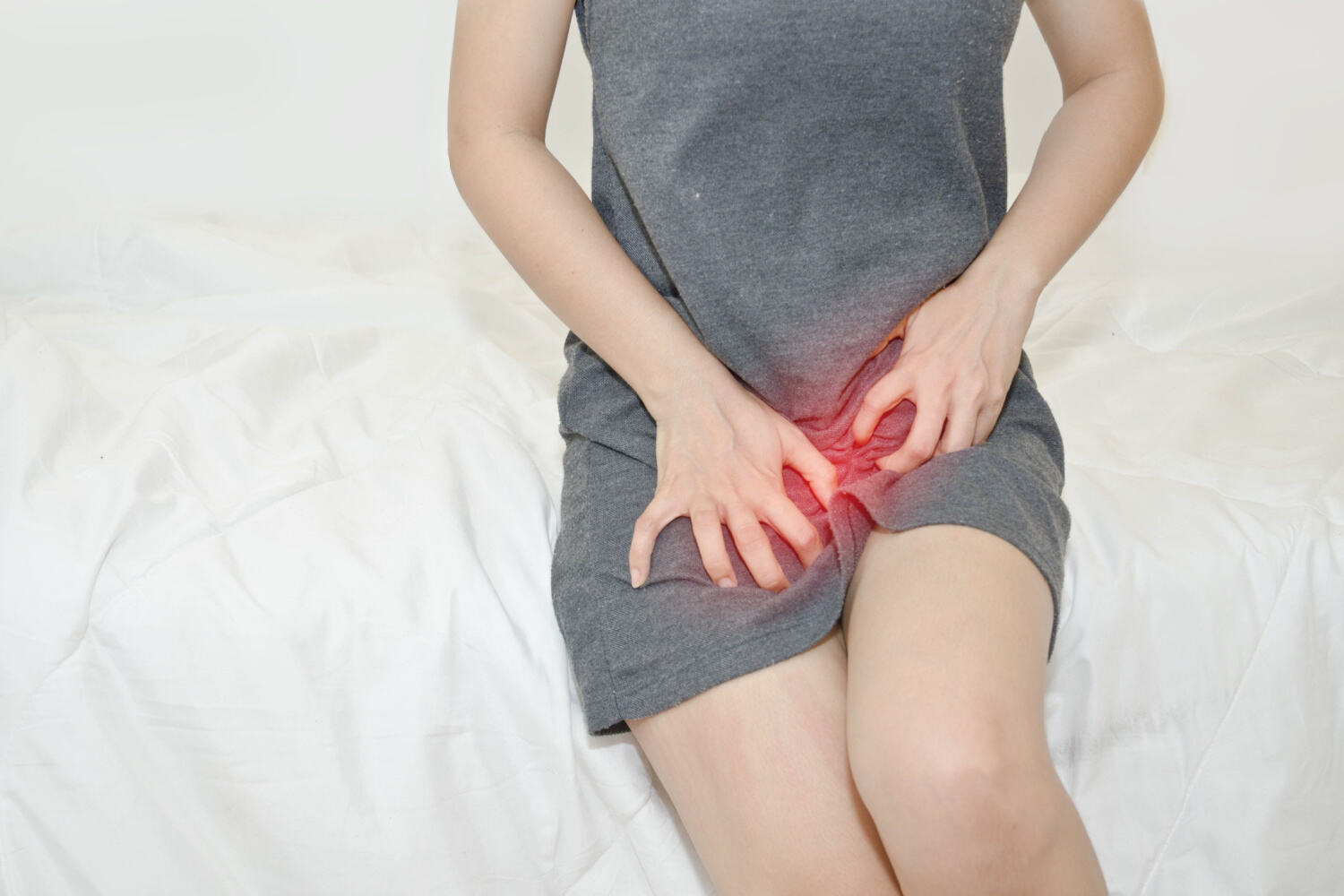
Hormonal shifts during pregnancy might alter the vagina’s pH balance, which can irritate the vagina. Yeast infections (typically cause itchy, white, cottage cheese-like vaginal discharge) and vaginal dryness and sweating are possible outcomes of this condition. However, vaginal itching can be annoying, especially during pregnancy.
Vaginal dryness and itching can also be side effects of some prenatal medications. Although infections like, bacterial vaginosis (BV) and STIs are less common possible causes of vaginal itching, there is a fair chance of getting affected by them, especially during pregnancy. This article sheds some light on the reasons behind pregnancy-related vaginal itching. Depending on the cause, it details how to manage and prevent vaginal irritation.
In This Article
- What is Vaginal Itching?
- Symptoms of Vaginal Itching During Pregnancy
- Causes of Vaginal Itching During Pregnancy
- Complications of Vaginal Itching During Pregnancy
- Tips to Deal With Vaginal Itching During Pregnancy
- Treatment for Vaginal Itching During Pregnancy
- Tips to Prevent Vaginal Itching During Pregnancy
- When to See a Doctor?
- FAQ’s
What is Vaginal Itching?
Vaginal discharge in pregnant women can sometimes be irritating to the vulvar skin, which can sometimes lead to itching and irritation. However, an infection might also bring on pregnancy-related vaginal itching or an adverse reaction to feminine hygiene products. Hence, it is important to be careful and prevent infections as much as possible during pregnancy.
Symptoms of Vaginal Itching During Pregnancy
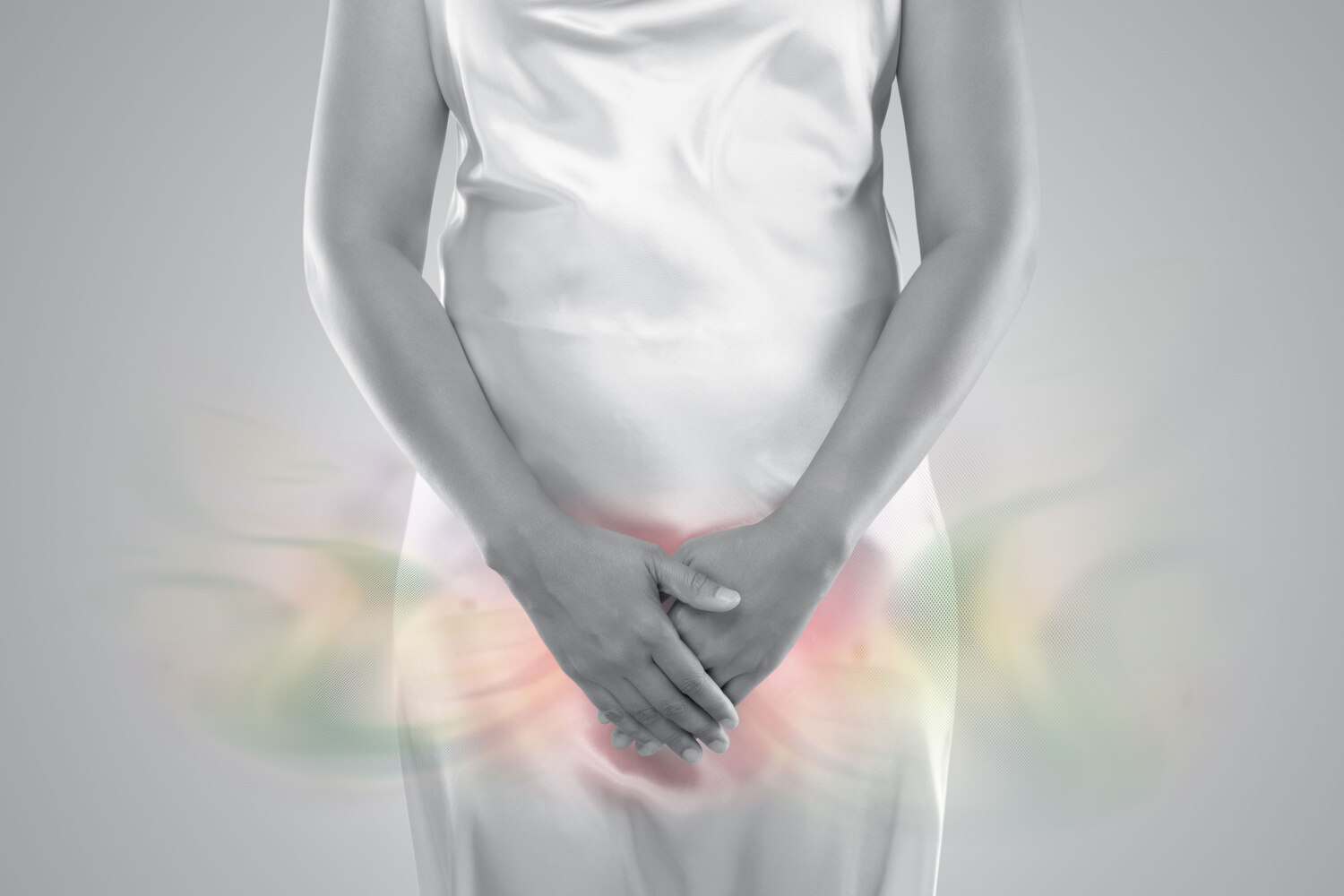
Depending on the reason, vaginal itching can have a variety of symptoms. The following signs may be especially noticeable if the cause of the vaginal itching is an infection.
- A bacterial or other infection symptom is a change in the color of vaginal discharge
- A white or opaque greyish discharge indicates bacterial or yeast infection
- Vaginal irritation (itching, burning, or redness)
- A foul vaginal odor, especially after sexual activity
- Discomfort during urination or sexual activity
- UTIs that come back repeatedly
Causes of Vaginal Itching During Pregnancy
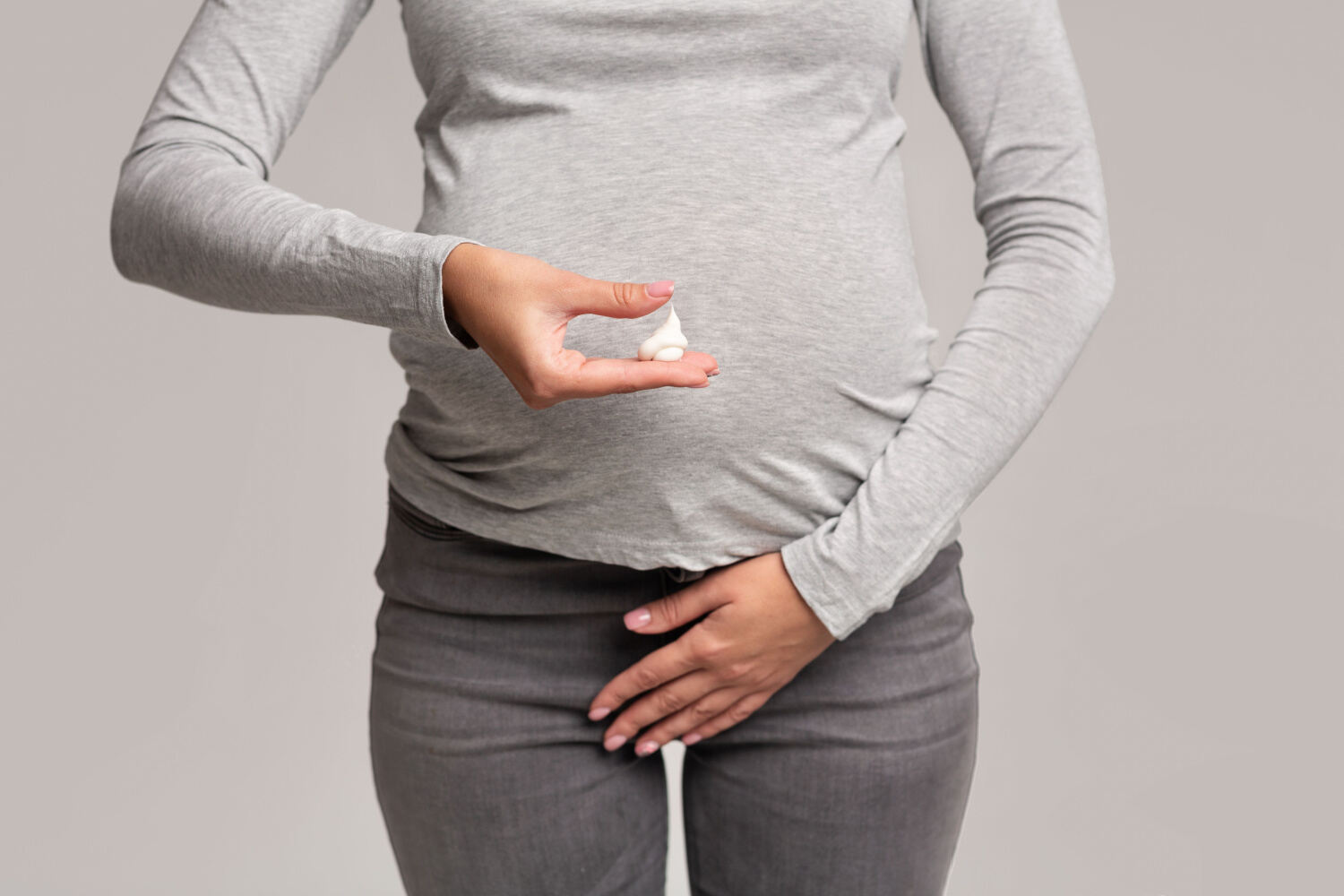
Vaginal itching during pregnancy may have several potential reasons. Here are a few causes that are alarming and need immediate attention if you are pregnant.
1. Bacterial Vaginosis
The vagina should be home to a population of beneficial microorganisms. Bacterial vaginosis occurs, however, because of a shift in the normal balance of bacteria in the vaginal tract. Bacterial vaginosis needs immediate attention during pregnancy, as it can lead to adverse effects like premature birth and low birth weight in babies.
2. Yeast Infection
Hormonal shifts during pregnancy encourage the growth of yeast in the vagina. Vulvovaginal candidiasis is a disorder brought on by Candida species. Vaginal itching can be caused by an overgrowth of yeast already in the body. Contact your doctor if you notice any unusual change in your vaginal discharge to ensure a healthy pregnancy.
3. Increase in Vaginal Discharge
An increase in vaginal discharge is a common symptom of pregnancy, and towards the end of the nine months, the discharge may increase and have the consistency of a sticky, pink jelly. A thrush infection is another possible cause of the increased vaginal discharge.
4. Sensitivity to Products
Chemicals, vaginal sprays, and douches can cause allergic reactions or irritation to the vaginal area. Lotions, lubricants, soaps, detergents, and fabric softeners can irritate sensitive skin. The regular use of over-the-counter medications can also bring on vaginal irritation.
5. Urinary Tract Infection (UTI)
One of the most prevalent infections affecting pregnant women is a urinary tract infection (UTI). While UTI and vaginal itching are not often linked, both can co-occur. However, a UTI complicates things for a pregnant woman because it raises her risk of developing difficulties during pregnancy.
6. Sexually Transmitted Infections (STIs)
Itchy, severe vaginal irritation is a common symptom of sexually transmitted diseases (STIs) such as chlamydia and gonorrhea. However, with prompt diagnosis and medication, these illnesses are manageable.
7. Pediculosis
Crab lice, which cause pediculosis, are a common source of pubic hair itching. This disease is spread through risky sexual activity and the use of public urinals.
8. Group B Strep (GBS)
20% to 25% of the general population has GBS bacteria as a colony in their body. Your doctor will routinely do a GBS test between your pregnancy’s 35th and 37th weeks.
However, if a lot of GBS is developing in your urine, you may experience UTI symptoms. Because GBS can infect newborns as they travel through the birth canal, it is crucial to know if you have been colonized by it. Women who test positive for GBS are advised to take antibiotics throughout labor and delivery to protect their babies.
Complications of Vaginal Itching During Pregnancy
Vaginal itching can have serious consequences if ignored or treated too late.
- Babies born to mothers with untreated bacterial vaginosis are more likely to be born prematurely or with a low birth weight.
- Early labor, miscarriage, or early birth are serious outcomes that can result from a vaginal infection during pregnancy.
Tips to Deal With Vaginal Itching During Pregnancy
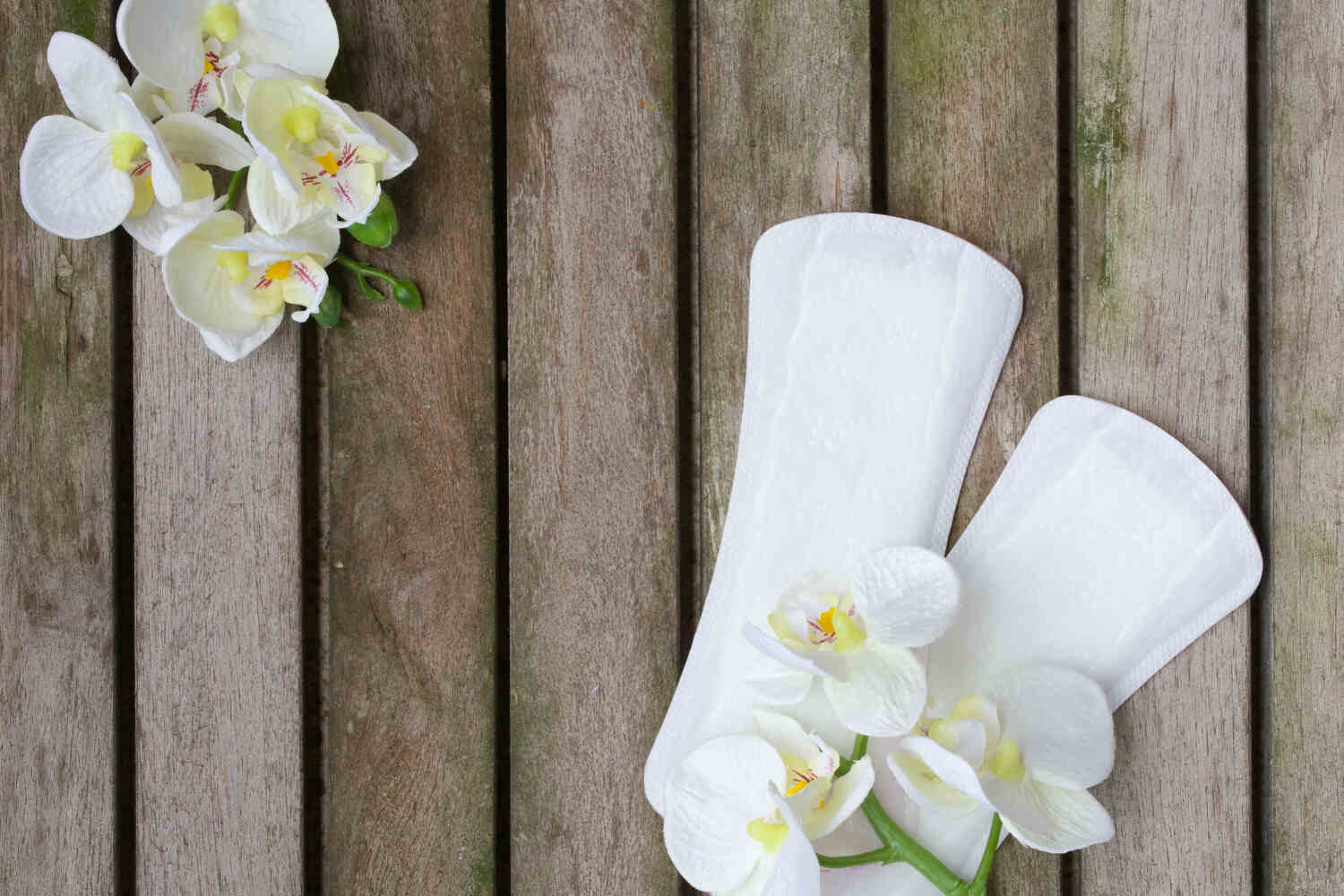
Pregnancy-related vaginal itching could be harmless. However, you should take necessary precautions to avoid making an already challenging pregnancy even more so.
- Using clean restrooms and refraining from contacting the intimate area with dirty hands are other preventative methods for reducing vaginal itching during pregnancy.
- Cotton underwear, pajamas, and pantyliners, on the other hand, are guaranteed to make you feel more at ease.
- A prompt consultation with your gynecologist regarding any unusual symptoms can help you deal with infections effectively.
- Do not stop or start any medication without your doctor’s consent.
Treatment for Vaginal Itching During Pregnancy
The question of alleviating itchiness in the genital region naturally arises whenever someone experiences it. A doctor’s diagnosis and treatment recommendation are essential for relieving severe itching. Taking over-the-counter drugs for the condition while pregnant is not advised unless a gynecologist has given the green signal. However, here are some therapy strategies for vaginal itching in pregnancy
- Bacterial vaginosis infections can sometimes clear up on their own. However, it is important to consult your doctor if you have BV symptoms, especially during pregnancy. In such instances, medications will do the trick.
- Your doctor may suggest antifungal medication for fungal infections and other creams based on your condition. It can lessen the fungal infection significantly in as little as a week.
- Avoiding chemical items in the vagina and keeping a high standard of personal hygiene can help reduce vaginal itching and the risk of infection during pregnancy.
Tips to Prevent Vaginal Itching During Pregnancy
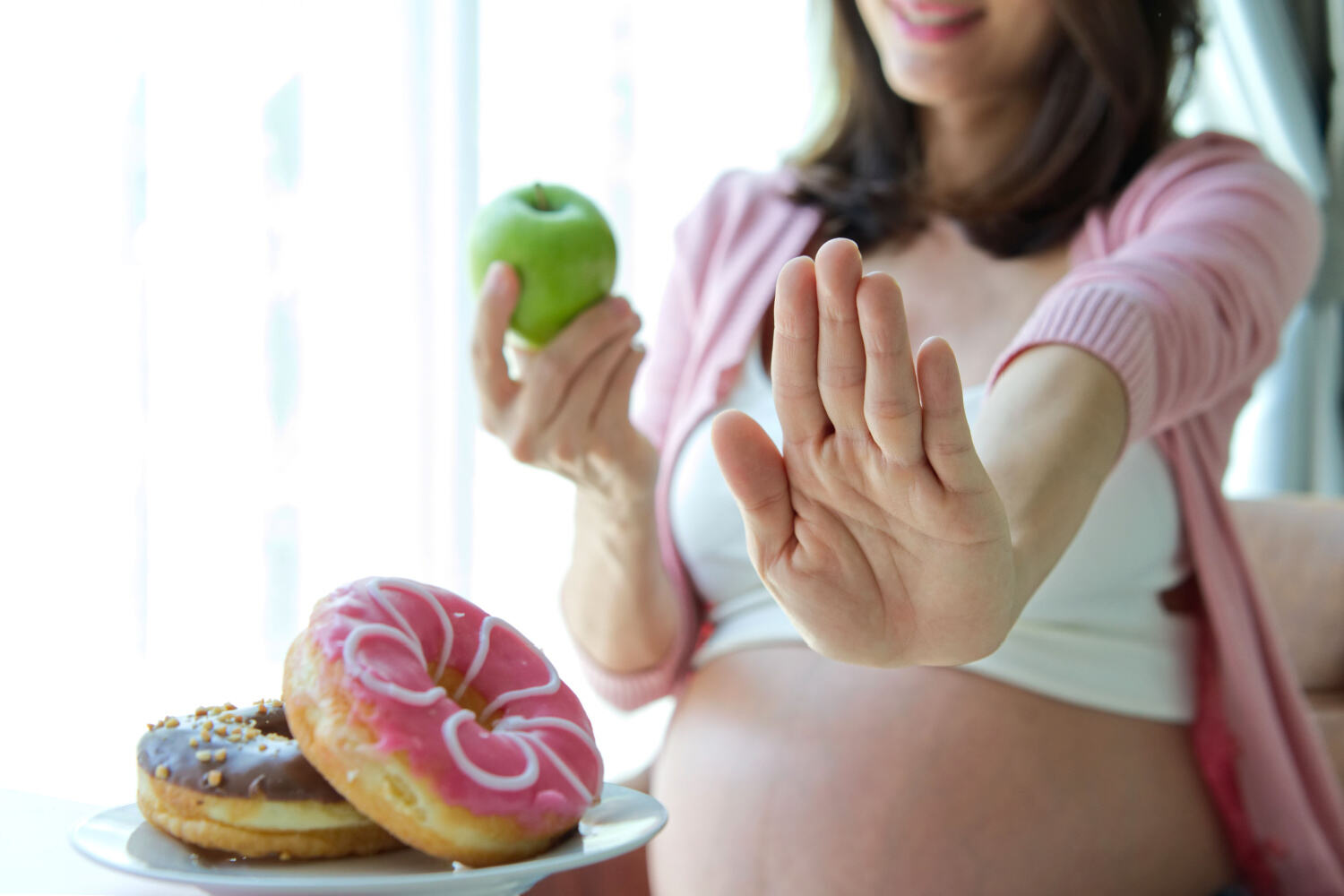
Vaginal itching can be prevented with a few simple prenatal care steps. Here are a few
1. Do Not Douche
Vaginal cleansing, or douching, involves using a medicinal liquid or a stream of water to remove debris. Douching can potentially increase pregnancy-related vaginal infections.
2. Hygiene is Important
To lower your risk of sexually transmitted infections, adopting a healthier lifestyle is essential. Make use of condoms made of latex to avoid getting a vaginal infection, it is important to follow safe sexual practices to avoid STIs.
3. Put Away the Makeup
Deodorants, sprays, powders, scented soaps, perfumed bath products, and the like should not be used in the vagina or cervix. They may promote the growth of bacteria and yeast if used.
4. Use Cotton Underwear
Cotton prevents the growth of bacteria and helps you stay clean and dry. It is important to wear a breathable cotton undergarment, especially during pregnancy.
5. Avoid Sweets
Limit sugar in your diet, especially during pregnancy. Yeast infections are more likely to be prevented if you have limited sugar in your diet.
6. Have Yogurt
However, scant evidence supports the assumption that eating probiotic-rich foods like yogurt can prevent recurring vaginal yeast infections.
When to See a Doctor?
If you have any symptoms of a vaginal infection, like
- Itching
- Irritation
- Redness around the vaginal area
- Pain while urinating
- Feel the need to urinate often
You should see a doctor. In addition to the above, the following situations call for medical attention
- Despite successful treatment, the patient experiences further health decline.
- The condition does not improve or worsen despite treatment for several days.
- A recurrence of a vaginal infection following antibiotic treatment.
- You are experiencing vaginal bleeding.
Pregnancy-related vaginal itching is very common and can be quite uncomfortable. Although the mother and unborn child are usually safe, knowing that a diagnosis has been made is important. Treatment for a vaginal infection is generally safe during pregnancy. Pregnant women who experience acute vaginal itching should consult a medical professional. They can advise you on how to treat it safely and avoid it.
FAQ’s
1. At What Month Does Itching Start in Pregnancy?
During pregnancy, hormonal changes and vaginal discharge can contribute to vaginal itching and irritation in the first trimester. In the second trimester, vaginal itching affects the majority of pregnant women. However, it is important to let your doctor know if you are experiencing any discomfort related to the vagina, especially during pregnancy.
2. Is Coconut Oil Good for Vaginal Itching?
Coconut oil can be used to soothe the irritated skin. However, you should not ingest the oil in any way, into your vagina or apply it without the consent of your doctor.

